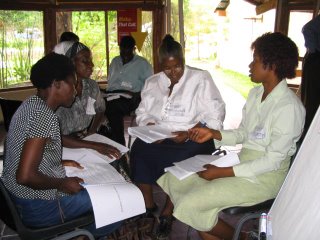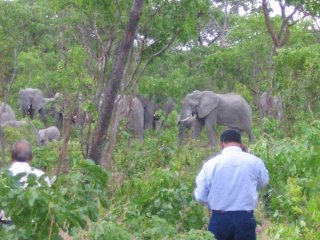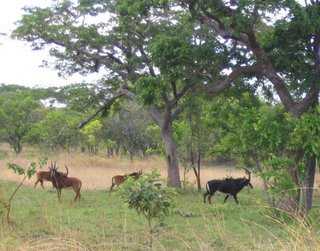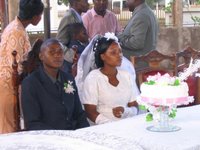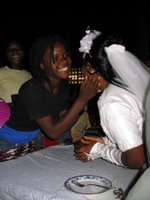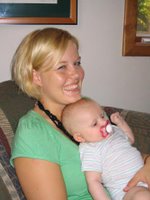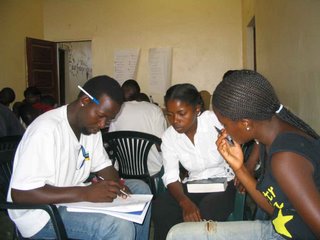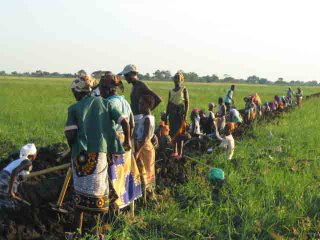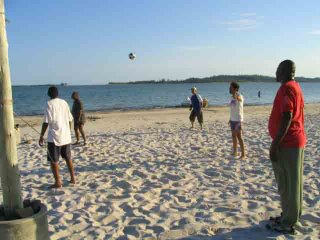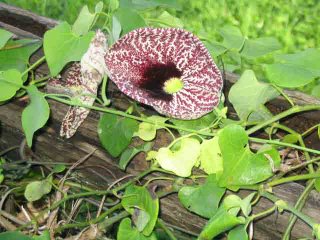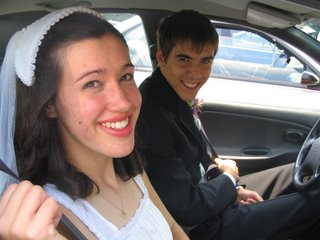
We have returned to Maputo after our time in the U.S. The wedding was beautiful. I commented to Steve that it went off without a hitch and he said, “No, there was a hitch, just no glitch.” So true. They are properly hitched and in the process of moving to Washington D.C. In two weeks they will come see us and we can’t wait to show them around and be with them.
The glitch in our return was the airline forgetting to tell one of the crew they were on duty that day and we ended up missing our plane to Johannesburg. Three days of travel turned into four, but we got two nights of sleep in a bed, instead of one out of it.
Coming back felt like coming home in some ways. There were not many surprises and we’re back in our routines. Things at WR are shifting some so there are adjustments in the work we’ll do. But God has always been faithful to show us the way and I’m sure He will this time as well. Some greatly encouraging news is that a significant amount of project funding has started coming in from the team of potential donors we hosted in April. We had been asking God to provide them, and here they are, right on time.
We could tell of the bathroom saga-—of holes in the concrete floor and tile walls where they repaired some leaks, of dust everywhere, of plumbers and workers parading through the apartment, of workers who say they will be here at 7:30
amanha and never show, of getting to know our neighbor Abdul better as he organizes the work because it was leaking in his apartment below us. But I’ll spare you the details because I’m thankful we have an indoor bathroom with running water. Many people in Moz have “bathrooms” (more like privacy screens and not very relaxing) that look like this:
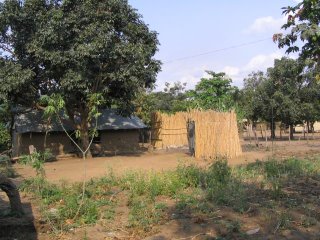
I’m (Rachel) in the middle of a challenging book that Janelle and David gave us—
The Irresistible Revolution, living as an ordinary radical by Shane Claiborne. It reminds me of some reading I did in the 70’s on living in community, reaching out to the poor, being willing to leave our safe, comfortable lifestyles to follow Jesus, being committed to the Kingdom of God and not just having a narrow view and allegiance to the earthly kingdoms we happen to be born into, loving our enemies. Jesus really was quite radical. He was even killed for it! Am I willing to follow and obey his example?
Here are a couple of quotes by Mother Teresa that are thought-provoking:
“In the poor we meet Jesus in his most distressing disguises.”
“We can not do great things, only small things with great love. It is not how much you do but how much love you put into doing it.”
Steve here; it is Sunday afternoon and I am reminded that we are returning to a part of the world where soccer is king. There are very few sports here except soccer, unless you count seeing the highlights of Wimbledon and the occasional golf tournament as sports. Sometimes during the NBA season, they do show the occasionally game on Saturday. Right now they are showing a rerun from the World Cup last summer, Brazil vs. Australia. They sure like to feature the Portuguese speaking teams.
People sometimes ask us what do you miss the most when you are in Africa? Well, besides being able to sit down and spend time with family and friends, my list would be some of the things we take for granted like, soft water, water pressure, and the opportunity to work hard physically. It must be the farm boy still in me that finds physical work to be therapeutic. I just don’t have those kind of outlets over here and if other people see you working hard, they want to come relieve you of your burdens as soon as possible. After all, the boss/white guy/maybe old guy shouldn’t be doing the work.
Até a proxima (until the next one or next time)

